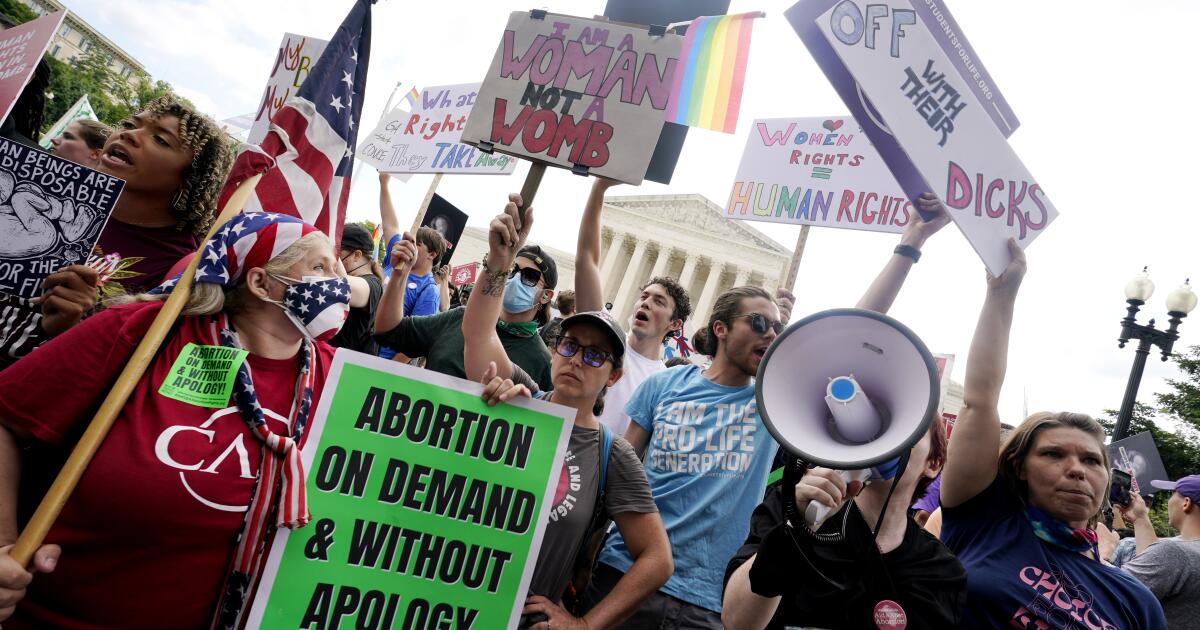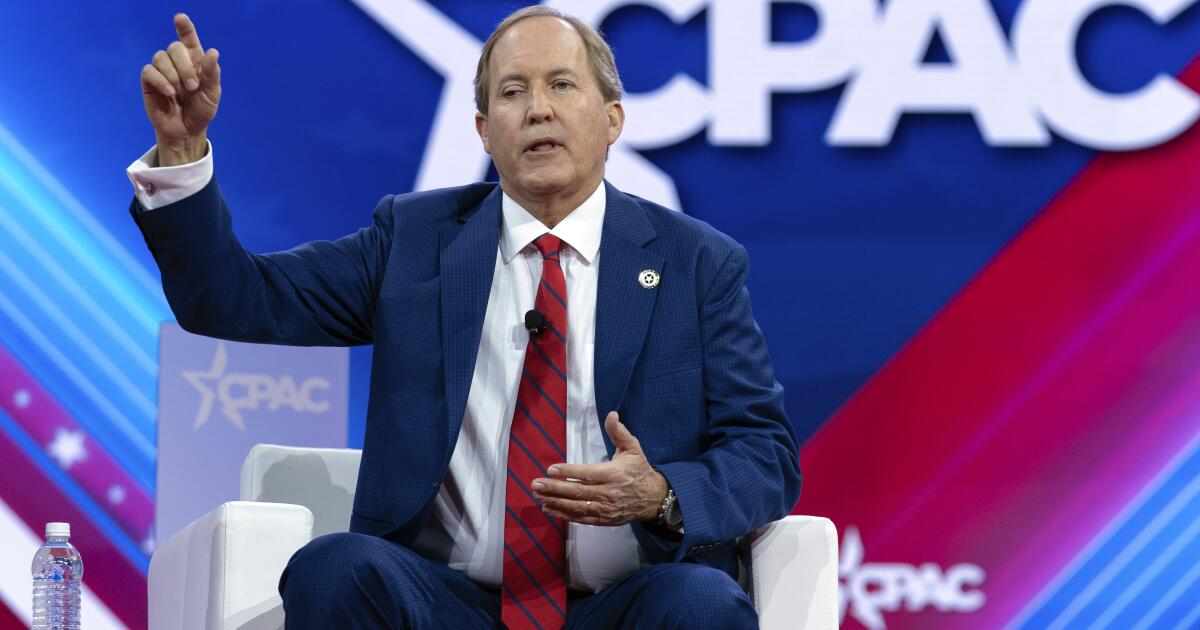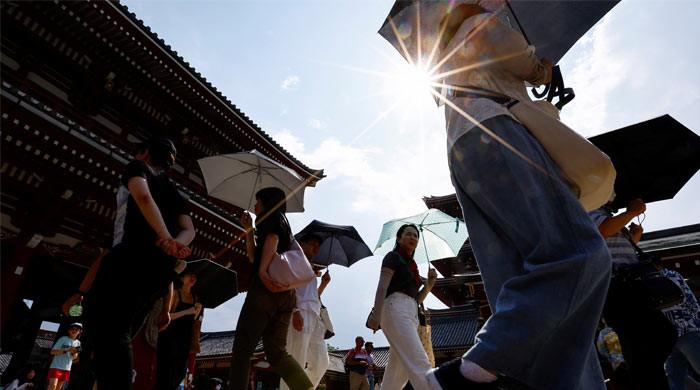Mexican President Andrés Manuel López Obrador on Wednesday condemned a Texas law that would give state authorities broad powers to arrest foreigners suspected of crossing illegally from Mexico into Texas.
After a day of back-and-forth court decisions that left the law in place for only a few hours, the Mexican president called the Texas statute “dehumanizing” and “anti-Christian.”
He declared that Mexico would not accept the return of any migrant to Mexican territory by Texas officials, a position that calls into question how the state law would be applied if approved by the courts.
“We would not accept deportations… from the Texas government,” López Obrador said at his regular morning news conference, backing a similar statement a day earlier from Mexico's Foreign Ministry.
The Texas law would make illegal entry into Texas a state crime, directing judges to order undocumented immigrants to return to Mexico.
The Supreme Court on Tuesday cleared the way for Texas to enforce the law while its constitutionality is challenged, but hours later a three-judge panel of the New Orleans-based U.S. Court of Appeals for the Fifth Circuit issued an order preventing the law from being applied. effect.
A different panel of the same court heard arguments Wednesday on whether the law known as SB 4 should be allowed to take effect, if only temporarily.
The Mexican president declined to elaborate on how exactly Mexico would react if the law were applied, but said: “We will not sit idly by.”
He did not predict any deterioration in relations with Washington and noted that the Biden administration is defying the Texas law.
Mexico said international migration should remain a strictly federal matter, which is what the Justice Department argues in its efforts to declare the Texas law unconstitutional.
“Mexico is not going to have a negotiation at the state level on an issue that is clearly federal,” said Eunice Rendón, a columnist for the Mexico City newspaper El Universal who follows immigration issues.
The law could cause future conflicts with Texas, he noted, but it was unclear how the controversy would play out, especially since the future of the law remains in the hands of the courts.
López Obrador described the measure supported by the Republican Party as the product of “anti-immigrant and anti-Mexican” sentiment and attacked the Republican governor of Texas, Greg Abbott, without naming him.
The president compared the situation to the idea of the Mexican state of Tamaulipas, across from the Rio Grande Valley region of Texas, targeting Texans.
“It is as if the governor of Tamaulipas applied a law against Texans who were visiting Mexico or passing through Tamaulipas,” López Obrador said. “According to our constitution, anything related to foreign policy is not the responsibility of state governments.”
The president's comments were the latest in a litany of condemnations from Mexican officials. Many noted that the law has the potential to harm millions of people of Mexican descent – whether citizens, legal residents or undocumented – who reside in Texas, where about 40% of the population is Latino, mostly of Mexican descent.
The Foreign Office said the law could “lead to hostile environments where the migrant community is exposed to hate speech, discrimination and racial profiling.”
Foreign Minister Alicia Bárcena described it as “anti-immigrant, xenophobic and discriminatory.”
Some in Mexico saw the state law and its broad Republican support as a harbinger of how tensions between the United States and Mexico could rise if Donald Trump were elected to a second term as US president.
“This is an indication of what will happen in November if Trump and the Republican Party win the elections,” wrote Arturo Sarukhan, former Mexican ambassador to Washington, on X, formerly Twitter.
Adam Isacson, an analyst at the Washington Office on Latin America, a research and advocacy group, highlighted the common emphasis by Mexican and U.S. authorities on federal jurisdiction in immigration policy.
“It underscores that the Biden and López Obrador administrations have a common adversary in Texas and in Trump world,” Isacson wrote in an email. “For the Biden administration, it could mean a little more influence. They can tell their Mexican counterparts, 'We are the only thing standing between you and the people who would implement policies like SB 4, so we need you to cooperate on our priorities.'
Still, even if Trump were elected, Mexico has proven flexible with a politician who launched his previous presidential campaign by calling Mexican immigrants criminals and rapists.
López Obrador, a lifelong leftist, developed a surprisingly strong bond with Trump, who threatened during his presidency to impose ruinous tariffs on Mexican imports to the United States if Mexico did not crack down on US-bound migrants passing through his territory. López Obrador's government complied, avoiding the increase in tariffs, but generating criticism in the country that Mexico was doing Washington's “dirty work” on immigration.
The two main candidates competing to succeed López Obrador in the June 2 elections in Mexico (Claudia Sheinbaum, of the president's Morena party, and Xóchitl Gálvez Ruiz, of an opposition coalition), went to X to denounce the Texas statute .
“We always raise our voice in defense of Mexicans on the other side of the border, who largely support the Texas economy,” Sheinbaum wrote.
Gálvez said: “The Mexican government must act firmly in defense of our compatriots and promote… the annulment of this law, which attacks our migrant brothers and sisters.”
The Mexican government had already issued a strong condemnation of the law on Tuesday, after a divided Supreme Court said Texas could begin enforcing the statute.
Mexico said it would not accept “under any circumstances” the return of any migrant to its territory by Texas officials.
Under current law, the U.S. Border Patrol detains thousands of migrants, including Mexicans and others, daily and returns many to Mexico. But Mexico is only legally obligated to accept Mexican nationals.
Migrants detained after crossing the US-Mexico border now come from a wide range of nations, including countries in Central and South America, Africa, Asia and the Middle East. In the past, Mexico has voluntarily accepted some “third country” immigrants expelled from the United States. But you have no obligation to do so.
Times special correspondent Cecilia Sánchez Vidal contributed to this report.












